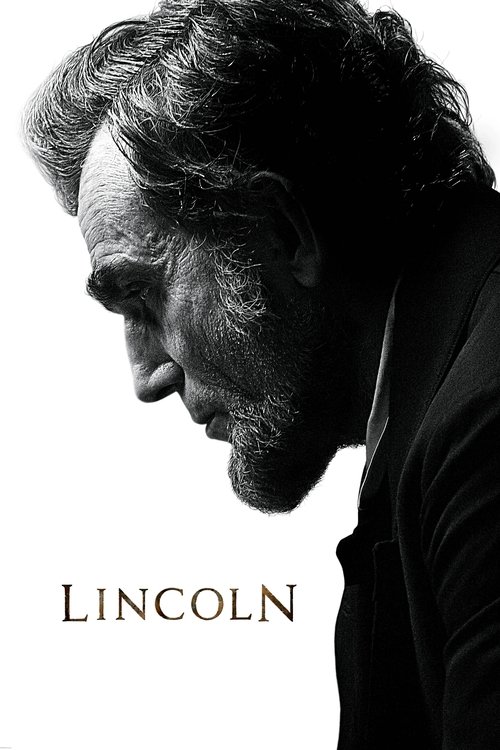
Lincoln - Family Review
2012 | 150 Minutes
IMDB: 7.3 ⭐️
Votes: 261,939
Content Warnings
-
Sexual ContentMildNone Mild Moderate Severe
-
ViolenceModerateNone Mild Moderate Severe
-
ProfanityModerateNone Mild Moderate Severe
-
Intense ScenesMildNone Mild Moderate Severe
The colored bar shows the middle 50% of opinions, dot shows the average





